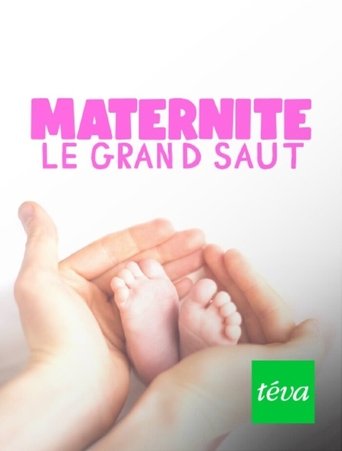
22 Nov 2022

Maternité : le grand saut
No overview found
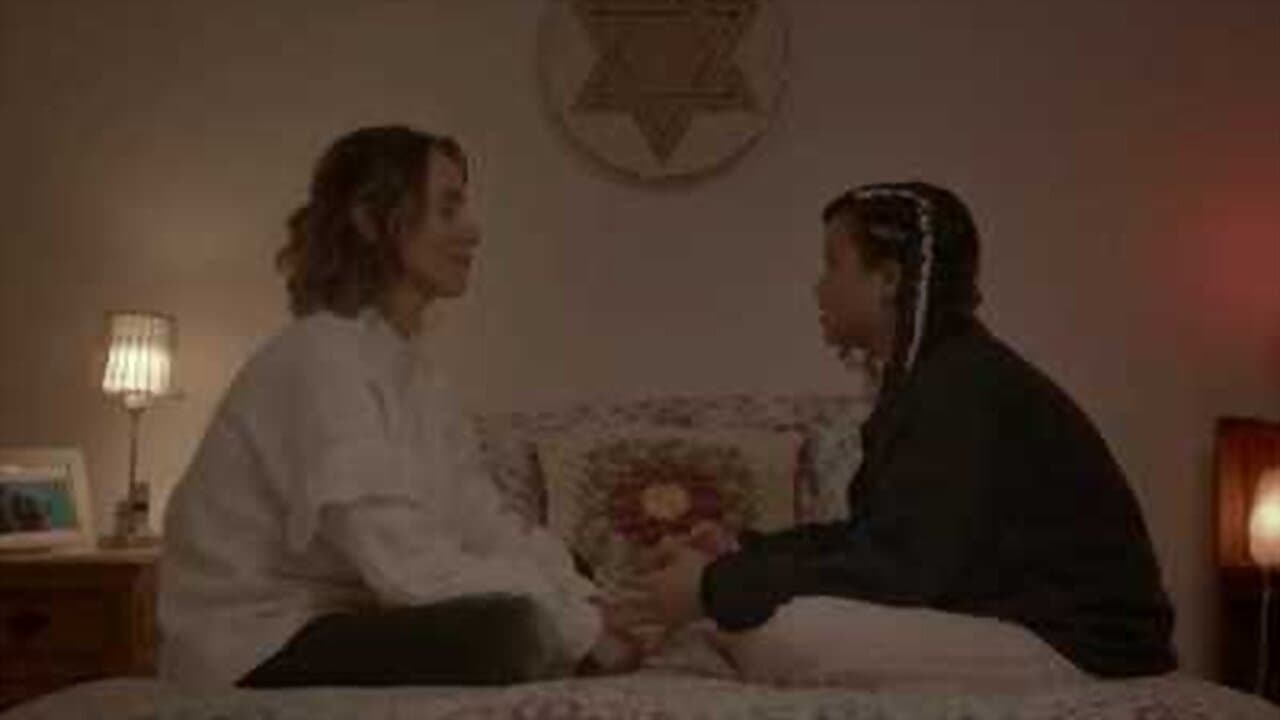

22 Nov 2022

No overview found

28 Oct 2021

As a letter to her son, the filmmaker testifies her experience as a photographer aboard the Aquarius, a ship that rescued 29,523 people in the Mediterranean between 2016 and 2018.
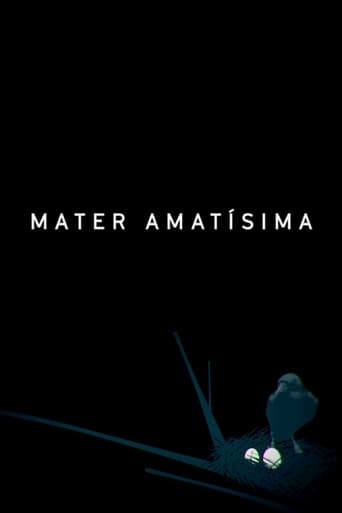
20 Oct 2017

Given the fetishizing and normalizing character that is given to motherhood in patriarchy in order to perpetuate the social order, do we truly choose to be mothers? Why is care, of fundamental vital labor, presupposed as an especially appropriate task for women?
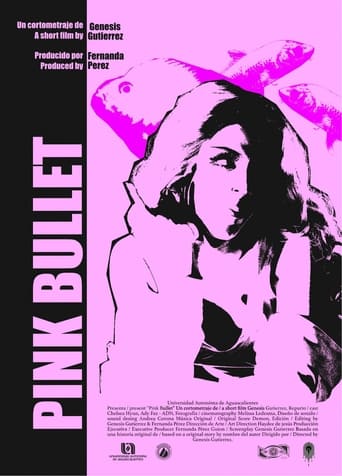
22 Jul 2023

Two drag queens living in a place where homophobia and transphobia are common open their hearts to the world, revealing the human being behind the makeup and wigs. They share the reality of drag as an art form and what it means to move forward as part of the LGBTTTI+ community in a Latin American context.
01 Jan 1975
This student film by the award-winning Helena Třeštíková bears many of the hallmarks of her later work. Made as a graduation piece when she was at the FAMU Film and TV Academy in Prague, we see the director developing the distinctive observational style of filmmaking that she has used so effectively throughout her career. Over the course of several months, she follows a young pregnant woman as she becomes slowly acquainted with the joys and responsibilities of motherhood.

25 Nov 2024

No overview found
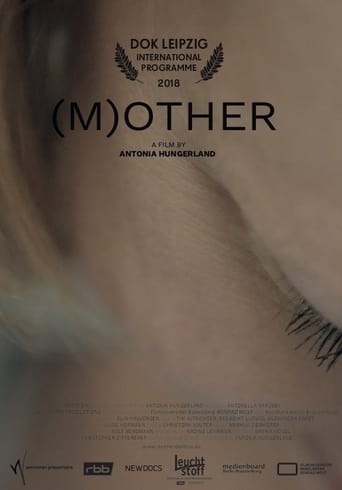
21 Nov 2019

Being mother is the most natural thing in the world. Or so it seems. Yet the demands on women with children have rarely been as overloaded and contradictory as they are in today’s Western world. Promises of happiness are often followed by disadvantages, excessive demands and feelings of guilt. The mother has become an artificially glorified ideal, which nevertheless is often legitimized by the „nature of the woman“. We live in a time when three people could claim to be the same child’s mother: egg donors give their genes to beget children, surrogate mothers deliver babies which they give away immediately after birth, and men raise children by themselves – without a woman at their side. Hence the question arises: What makes a human being a real mother?
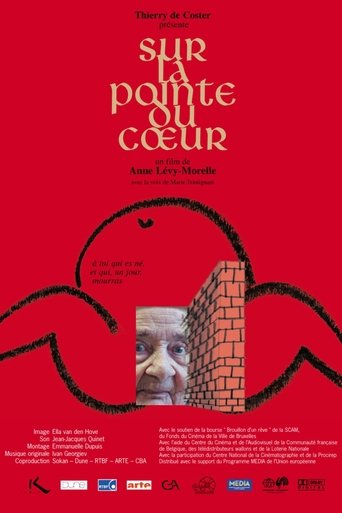
30 Jan 2002

"On the Tip of the Heart" - is a documentary on the St Peter's Hospital in Brussels, structured around seven doors from the maternity to the morgue. This is an opportunity for the director to ask the audience a question, namely: what is there in common between a medieval city, human life and a hospital?
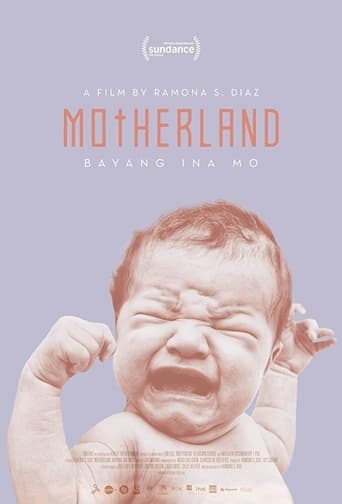
21 Jan 2017

The planet’s busiest maternity hospital is located in one of its poorest and most populous countries: the Philippines. There, poor women face devastating consequences as their country struggles with reproductive health policy and the politics of conservative Catholic ideologies.
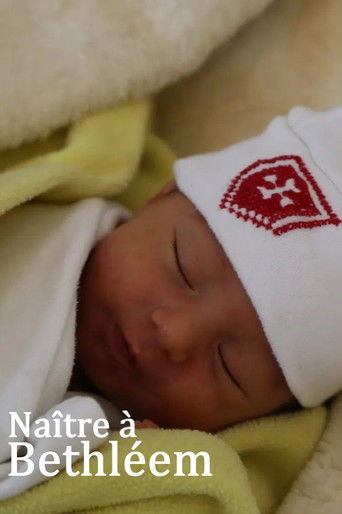
01 Jun 2025

No overview found
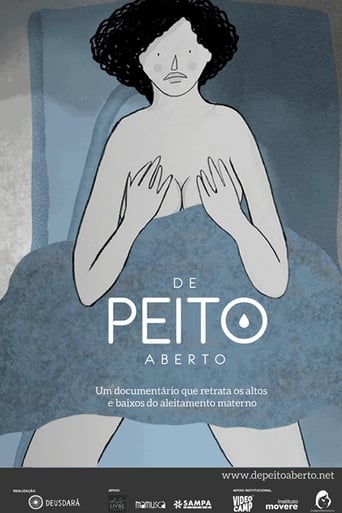
01 Jul 2018

No overview found

29 Nov 2023

Under the shade of a Magnolia tree, a group of pregnant women gathers weekly. Among them is Teresa, an experienced midwife who listens to them attentively. Sitting in a circle, the women reflect on the impending birth of their children and their own emerging roles as mothers.
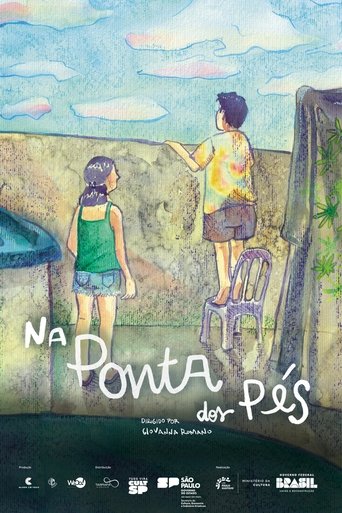
26 Apr 2025

When Fernanda and Andressa received the autism diagnoses of their sons, Rafael and Martin, they faced a future marked by invasive treatments and fear. Seeking autonomy, they found in cannabis oil a key to give their children the chance to dream and fight for dignity.
01 Jan 1977
No overview found
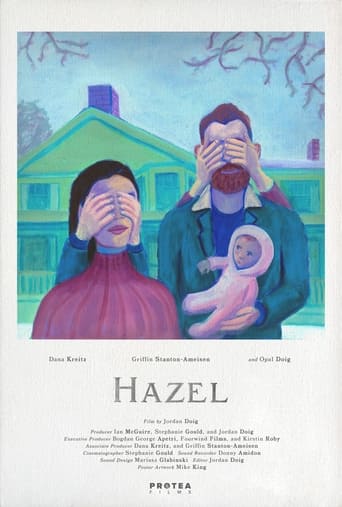
14 Oct 2021

Libby is dealing with an intense postpartum depression while caring for her baby daughter, Hazel. She looks to her partner, Pat, for understanding but his inability to embrace the issue or even acknowledge her mental state sends Libby deeper into a psychosis that threatens harm on the entire family.
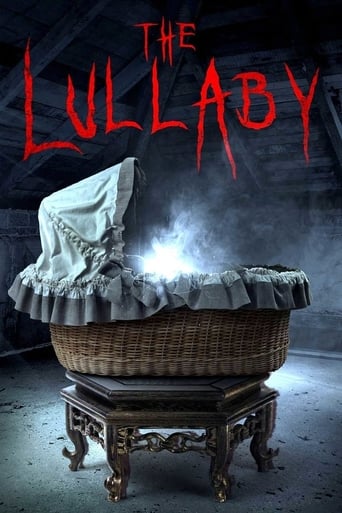
27 Jan 2018

Returning to her home town, overwhelmed by the birth of her firstborn, nineteen-year-old Chloe van Heerden tries to come to terms with motherhood. Despite the support from her own mother, Chloe struggles with the demands of caring for a newborn child. The incessant crying of her baby, the growing sense of guilt and paranoia send her into a dark depression. With a heightened urge to protect her son, she sees danger everywhere.
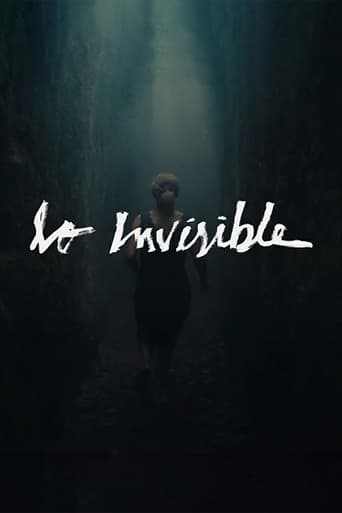
31 Dec 2021

When Luisa, 45, returns from a psychiatric clinic after a bout with severe postpartum depression, she enters a new confinement in her dazzling home, surrounded by family members and a brigade of servants who expect her struggles to remain invisible. Unable to continue playing the role of the perfect housewife, Luisa's only escape is to waltz elegantly into madness.

16 Oct 2008

A young couple in love: Rebecca (32) and her boyfriend Julian (34) are expecting their first child and are full of pleasant expectation. As Rebecca gives birth to a healthy boy their luck seems to be perfect. But instead of the unconditional motherly love she was expecting she is thrown into an emotional turmoil. Helplessness and desperation reign and her own baby is a stranger to her. With every day that passes her inability to meet the demands of motherhood become more and more apparent. Unable to admit this to anyone, not even Julian, she falls into a deep darkness - to the point that she realises she is becoming a threat to her child. Now only unconditional love can bring her back on track…
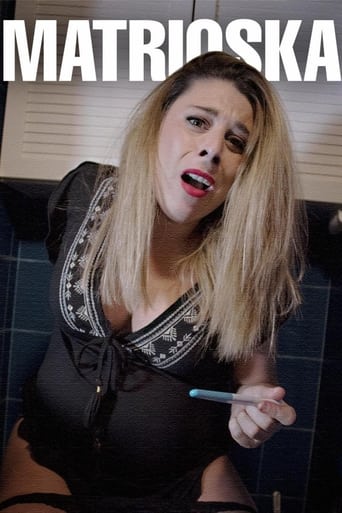
01 Aug 2021

No overview found

29 Oct 2021

Julie is a new mom and children's book author, who escapes into the bright Crayola-colored world of her creation in order to leave behind the darkness caused by her post-partum depression.